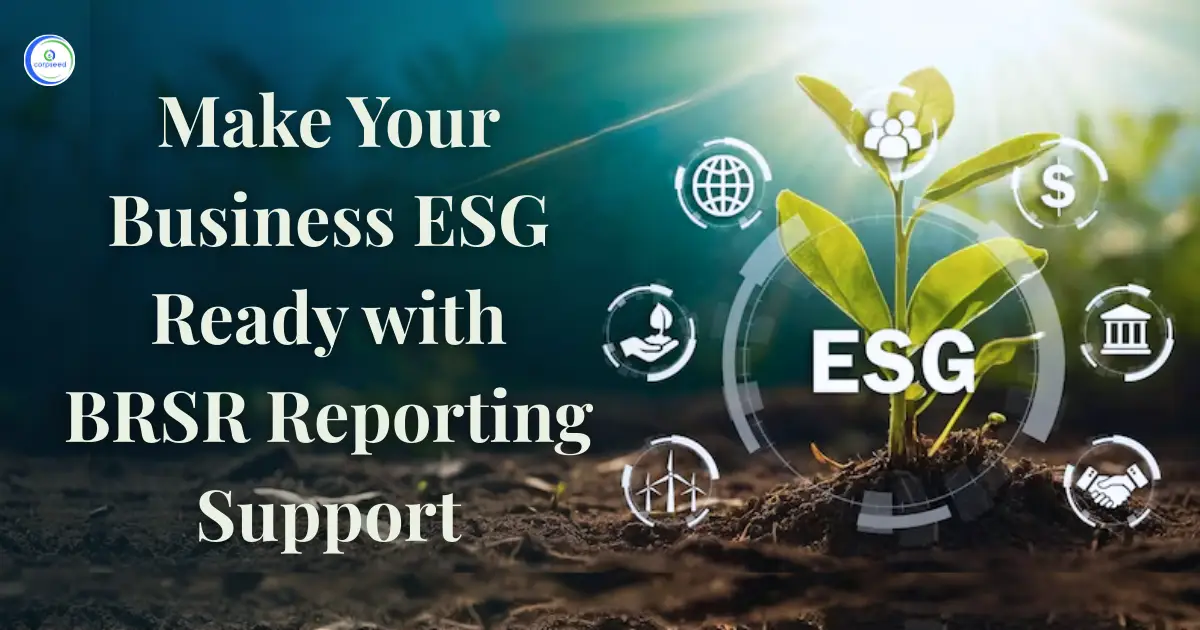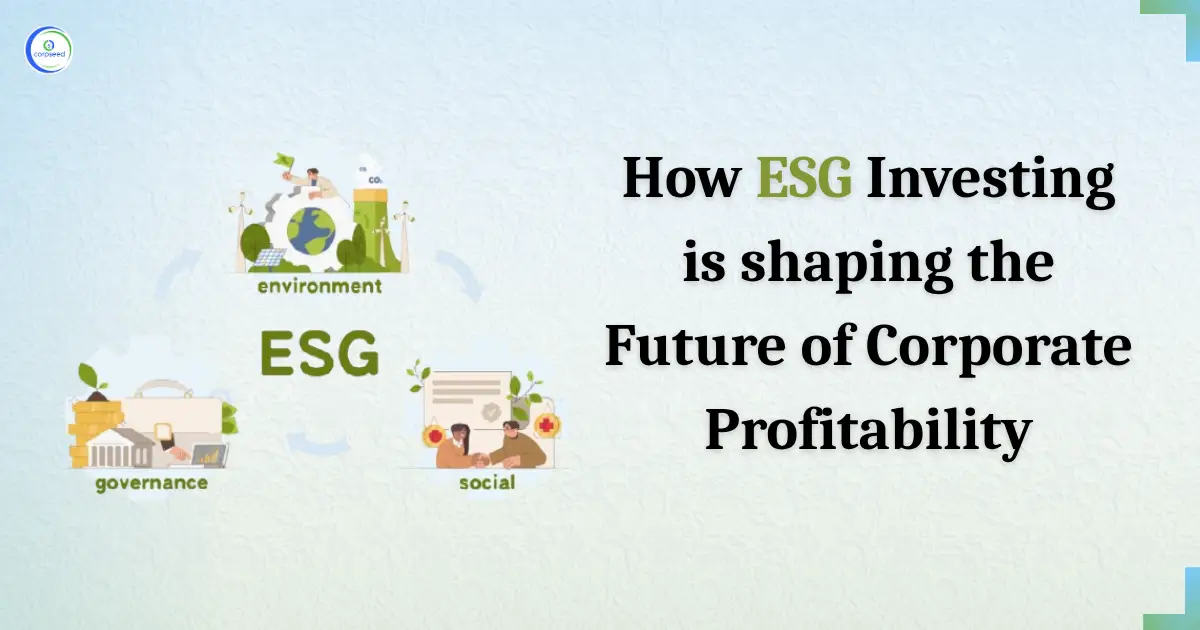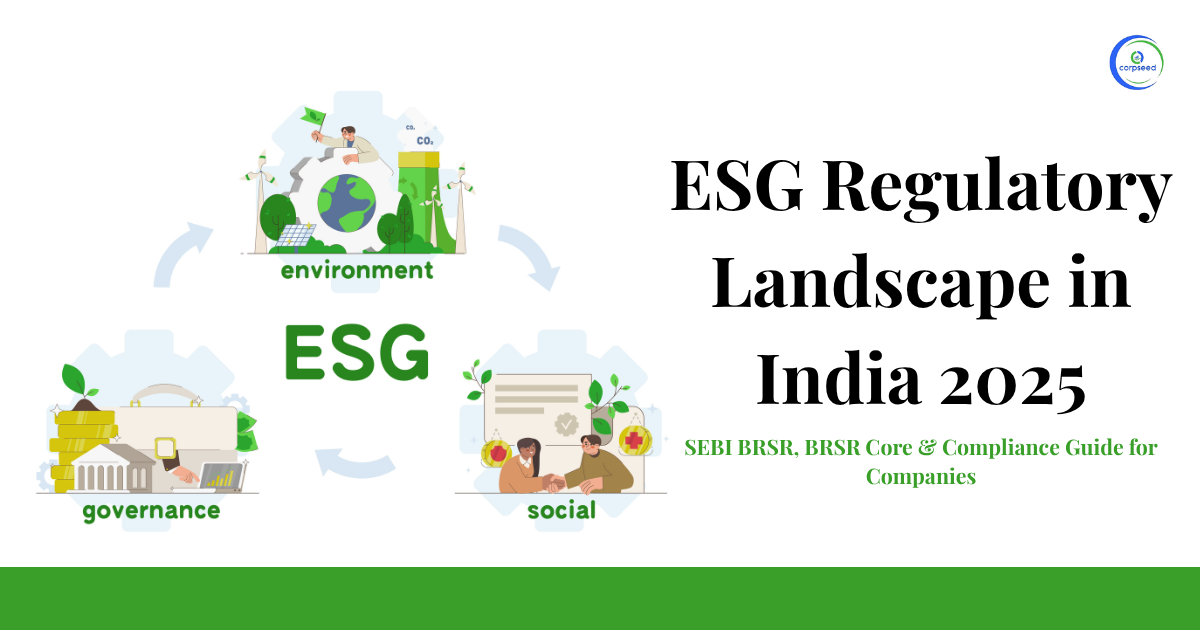Recently, the Corporate Sustainability Reporting Directive (CSRD) was published by the European Union. This directive lays out detailed rules for companies to report on things like environmental, social, and governance (ESG) issues. It also adds more stuff that companies have to talk about in their ESG reports. Basically, the rules about ESG reporting are getting stricter and more complicated every year. These new rules from the European Union will have an impact on businesses not just in Europe, but all around the world. They apply to European companies and companies that are listed on European stock exchanges. This is a big deal because it's likely that other countries and companies will look at what the European Union is doing and decide to make their own ESG reporting rules stricter too. We can expect the next wave of ESG Reporting to rise in the coming years. Get ready for the next wave of ESG reporting
Table of Contents
--------------Blog Contact Form-------------
Significance of ESG Reporting
ESG reporting discloses crucial information about a company with respect to its environmental, social and governmental policies. With the ESG report, you can assess a company on various grounds and can answer various questions like-
- How is it performing to the environmental challenges?
- Is it using sustainable development practices?
- How is the governing power managed in the company?
- What measures have been taken by the company with regard to the betterment of the working environment?
- What policies are implemented for the overall development of the employees?
This information published through an ESG report assists the investors and other stakeholders in making decisions about the company. It is an instrument to identify companies that are not taking environmental concerns and sustainability issues seriously and the ones that have achieved environmental sustainability and are having a bright future with Multifood growth. Aligning with reliable environmental policies is inevitable for a corporation to create impact and sustain progress for a significant period of time.
Read Our Blog: What is Environmental, Social, and Governance (ESG)?
What is CSRD?
CSRD stands for Corporate Sustainability Reporting Directive. It is a directive policy which talks about the reporting procedure, scope, timeline and requirements. The Corporate Sustainability Reporting Directive requires companies to disclose various data regarding sustainability metrics. ESG reporting framework is going through continuous developments and CSRD is a new step to enhance business reporting mechanisms.
Global Impact of CSRD
The Corporate Sustainability Reporting Directive (CSRD) will bring more companies under the purview of the obligation imposed on the EU and non-EU companies to publish annual reports on sustainability along with the financial statements. CSRD affects global businesses significantly by requiring them to report ESG metrics as per the CSRD directives. Companies operating in India have to be concerned about it if they are operating a subsidiary in European countries. Many countries will also update their ESG reporting standards to include the newly added metrics as discussed in the CSRD as a number of new environmental metrics are included in the Corporate Sustainability Reporting Directives.
Read Our Blog: ESG Sustainability Performance Metrics - Its Significance for Investors
How will CSRD help Businesses and Investors?
The CSRD, which is being termed the next wave of ESG reporting, will help businesses and investors in many ways as well as the regulatory authorities. Some of the major benefits of CSRD (Corporate Sustainability Reporting Directives) are as follows-
- Investment Boost
If your company is complying with the latest ESG reporting standards, if will hugely affect the decision of the investors. Investors are more likely to invest in a company that is aware of the ESG risks and working towards mitigating the same and moving towards their sustainability goals. CSRD brings various new metrics for reporting which makes the data more comparable, reliable and relevant to assess the sustainability of the institutions. Corporations that take ESG risks lightly may lose investors and capital if they do not comply and work towards improving theory scores on sustainability.
- Standardisation in ESG Reporting
The Business Responsibility and Sustainability Report (BRSR) Format published by SEBI was a move towards the standardisation of ESG reporting and providing a uniform format for businesses to follow when reporting their ESG stats. The Corporate Sustainability Reporting Directives also bring clarity and pave the way for uniform reporting which further enhances the comparability of the Data to make better decisions about a company.
- Institutional Reputation
Impressive ESG reports not only provide various financial advantages but also improve the image of the company in the market. Customers including businesses and consumers will prefer to deal with companies that support sustainability goals and are more environmentally friendly. In future, the awareness regarding environmentally friendly manufacturing practices will only grow and the businesses that are not complying with ESG standards will have to face repercussions.
Read Our Blog: What is Environmental, Social, and Governance (ESG) Investing?
Is your Company affected by CSRD?
After considering the importance of the Corporate Sustainability Reporting Directive (CSRD), it is imperative to look at whether it affects your corporation or not. If your company falls under the ambit of the CSRD directive then you need to start working on the compliance already to avoid any inconvenience later on. The following group of companies will be required to comply with the new directive issued for corporate sustainability reporting-
- The companies that are already reporting under the Non-Financial Reporting Directive.
- Large companies that met the criteria specified in CSRD based on employees, turnover etc.
- Subsidiary companies of non-EU parent companies with specified combined group turnover for the last two years.
- All listed are Small and Micro Enterprises but not micro undertakings.
Need of the Hour for the Businesses Subject to CSRD
All the businesses that are subject to the new CSRD (Corporate Sustainability Reporting Directive need to make a transitory shift in their ESG Reporting procedure to comply with the latest ESG Standards. They need to maintain the internal processes in such a way that it becomes easier to obtain accurate and reliable data for various sustainability metrics which will help in the ESG Reporting process. Some of the major points to be considered are as follows-
- To perform well in the governance sector, you need to have a governance structure led by the board of directors.
- You need to follow a due diligence process throughout the value chain.
- Companies have risk management systems but ESG metrics are often ignored by the team as their focus remains on the financial metrics only. ESG has to be integrated with the Corporate Risk Management System and a holistic approach should be followed in the reporting process.
- To have a comprehensive idea of the data collected during the assessment, you should consider short, medium and long-term horizons which will help you identify the shortcomings and fix them to move forward in the direction of ESG excellence.
Read Our Blog: ESG Reporting: A Comprehensive Analysis of BRSR Disclosure in India
Conclusion
In conclusion, we can say that the CSRD is a big deal in the ESG reporting framework throughout the business landscape globally. The initiatives taken by the European Union affect businesses internationally. The EU market is huge and companies of many countries operate in the EU which will be subject to the Corporate Sustainability Reporting Directive (CSRD). Not just this but the directive is impressive enough to be adopted by the countries for their domestic implementation and this is how it will affect the ESG reporting system in other countries including India and the next wave of ESG reporting is inevitable. Businesses need to prepare for this change already and adopt practices that will ease the ESG reporting process based on the metrics added through the new CSRD directives.
This portion of the site is for informational purposes only. The content is not legal advice. The statements and opinions are the expression of author, not corpseed, and have not been evaluated by corpseed for accuracy, completeness, or changes in the law.
BOOK A FREE CONSULTATION
Get help from an experienced legal adviser. Schedule your consultation at a time that works for you and it's absolutely FREE.









